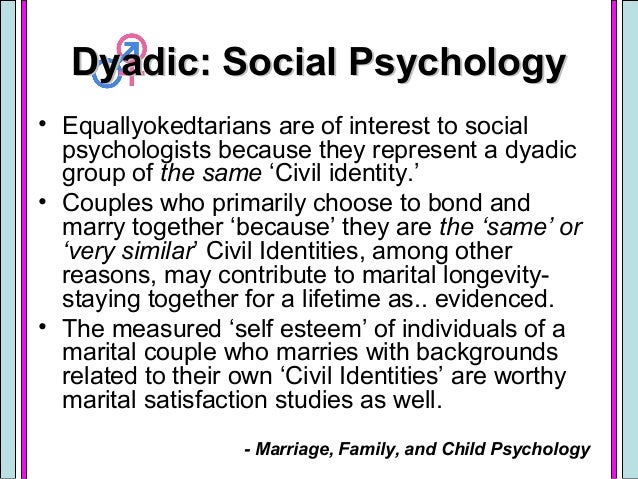
My approach (as outlined in this paper) is to instead go backwards to analyse whether the data and methods that are applied by the leading authors in this literature are able to produce the robust results that they claim. In fact, thousands of academic papers analyse the potential relationship between political variables like democracy and economic variables like inequality by gathering their data, selecting their methods and then going forward with their analysis, interpreting their findings and potentially informing policy, with many other steps along the way that involve making important implicit methodological assumptions. Such conclusions presuppose a number of very demanding assumptions and requisite premises that cannot be rigorously met. Some of the most prominent authors in this literature claim that high levels of inequality decrease the likelihood of democratisation, and they also talk about “causal effects” and “the impact of democracy” on outcomes.


This is partly because the process of democratisation and changes in levels of equality are highly nuanced, idiosyncratic and heterogeneous and thus difficult to capture econometrically. However, fundamental methodological and empirical limitations of analysis do not allow us to make such claims robustly. This recent paper * illustrates that the existing literature is laden with contradictory hypotheses and findings that suggest that this potential relationship can be positive or negative, stronger or weaker, differentiated or non-existent and can vary across and within countries and time periods. Scholars have explored whether increased economic inequality may be more or less likely to lead to democratic change? If there may be a causal relationship between these phenomena? But scientifically our ability as researchers to assess and understand how such complex phenomena may be related is much more limited than recognised.

Since Aristotle, the question about the potential relationship between economic inequality and democratic changes has been studied and debated. Can we give accurate scientific explanations for social phenomena? In this post, CPNSS Visiting Research Fellow Alexander Krauss looks at the proposed link between economic inequality and democratic change.


 0 kommentar(er)
0 kommentar(er)
